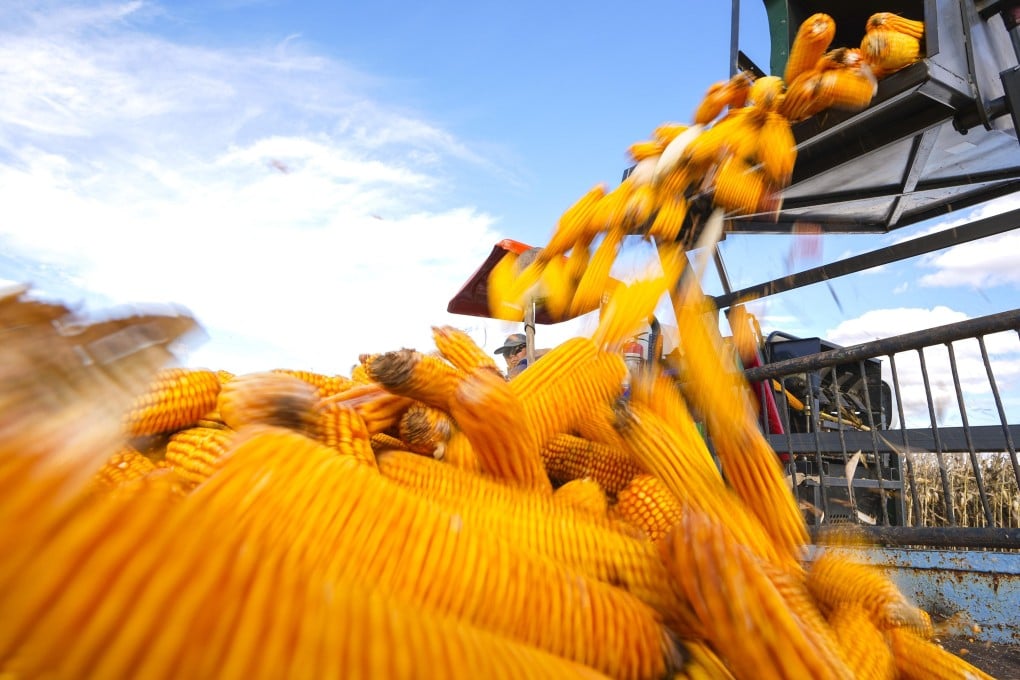China urged to be ‘vigilant’ to rising grain prices in battle for food security
- China should boost policy support, monitor global grain prices and diversify imports to maintain food security, state media says
- Rising food prices are driving inflation concerns and putting average people under more economic pressure, analysts say

Domestic prices of corn and wheat are high, while rice has fallen below the minimum purchase price, the state-run Economic Daily said in a commentary published on Thursday.
High corn prices caused by production shortages could be made worse by continuous rainfall and an unusually cold winter in northern China, it added.
From a political perspective it means average people are under more economic pressure just to secure their necessities
“It is necessary to continue boosting policy support, increase rewards to counties with large yields, strengthen agricultural subsidies, and fully mobilise the enthusiasm of local governments and farmers,” the commentary said.
“China should also stay vigilant to rising global grain prices, [and] diversify the sources of grain imports to better cope with global food supply chain disruptions.”
To maximise summer harvests, the Economic Daily said local governments should minimise losses caused by natural disasters.